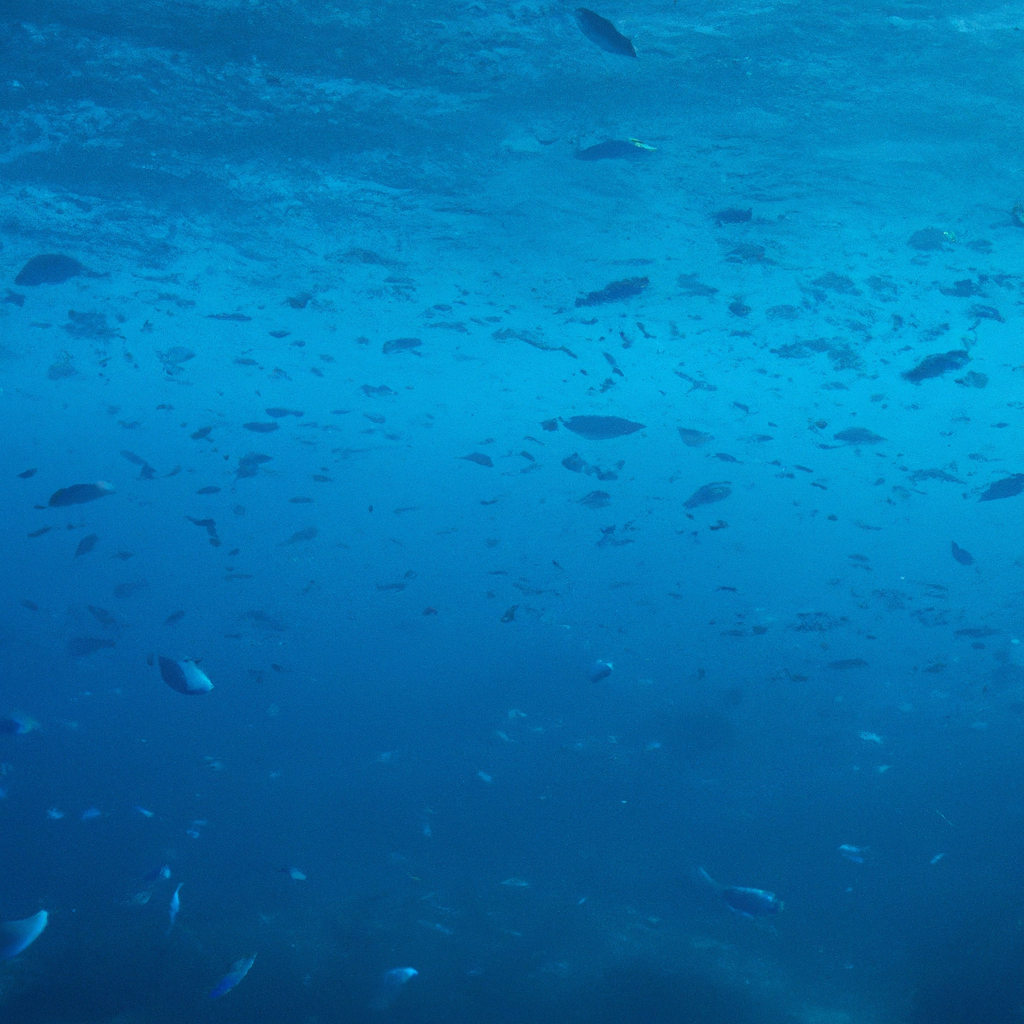Climate change is one of the most significant threats facing the planet today. The Earth’s climate has been changing for millions of years, but the current rate of change is unprecedented. Many scientists believe that global warming will lead to catastrophic consequences, including rising sea levels, more extreme weather events, and the extinction of many species. But what about the possibility of another ice age? Can global warming actually trigger a new ice age? In this article, we’ll explore the science behind these questions and examine the potential outcomes of global warming on the planet’s climate.
The Earth’s Climate History
To understand the potential for another ice age, we need to look at the Earth’s climate history. Over the past 2.6 million years, the Earth has experienced a series of ice ages, periods of time when the planet was covered in ice and glaciers. These ice ages were caused by variations in the Earth’s orbit around the sun, which led to changes in the amount of solar radiation that reached the planet’s surface. These changes in solar radiation triggered a feedback loop, causing temperatures to drop further and leading to the formation of ice sheets.
The Role of Carbon Dioxide
Carbon dioxide is a greenhouse gas that plays a significant role in the Earth’s climate. It traps heat in the atmosphere, which keeps the planet warm. However, when there is too much carbon dioxide in the atmosphere, it can cause the planet to overheat. This is what is currently happening due to human activities such as burning fossil fuels, deforestation, and agriculture. The concentration of carbon dioxide in the atmosphere has increased by more than 30% since the industrial revolution, and it is continuing to rise.
The Impact of Global Warming
Global warming is causing the Earth’s temperature to rise at an unprecedented rate. This rise in temperature is causing the polar ice caps to melt, which is leading to rising sea levels. The melting of the ice caps is also causing changes in ocean currents, which can lead to more extreme weather events such as hurricanes and droughts. Global warming is also having an impact on the Earth’s ecosystems, causing the extinction of many species.
Could Global Warming Trigger Another Ice Age?
Despite the current warming trend, some scientists believe that global warming could actually lead to another ice age. This may seem counterintuitive, but the theory is based on the idea that melting polar ice could disrupt the ocean currents that regulate the Earth’s temperature. The Gulf Stream, for example, is a current that carries warm water from the tropics to the North Atlantic, helping to keep Europe warm. If this current were to slow down or stop, it could trigger a new ice age.
The Future of the Earth’s Climate
The future of the Earth’s climate is uncertain, but one thing is clear: we need to take action to prevent catastrophic consequences. The Paris Agreement, a global pact to reduce greenhouse gas emissions, is a step in the right direction, but it is not enough. We need to reduce our carbon footprint, invest in renewable energy, and protect our natural resources. The future of the planet depends on it.
Conclusion
In conclusion, there is no clear answer to whether or not global warming could trigger another ice age. However, what is clear is that global warming is having a significant impact on the Earth’s climate, and we need to take action to prevent further damage. We have the technology and the resources to make a difference, but we need to act now before it’s too late. Let us all work together to preserve our planet for future generations.













